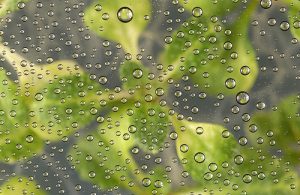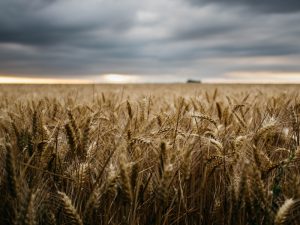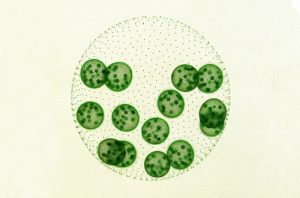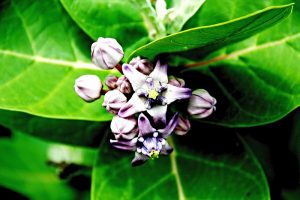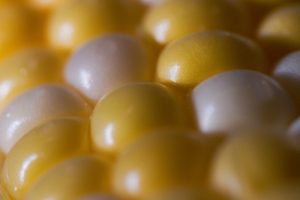Enter your address to receive notifications about new posts to your email.
Articles tagged Plants
(22 results)
-
Science & Publishing
New associate editor, Yaniv Brandvain, joins GENETICS
A new associate editor is joining GENETICS in the Empirical Population Genetics section. We’re excited to welcome Yaniv Brandvain to the team.
-
Science & Publishing
Unraveling the mysteries of duckweed: epigenetic insights from Spirodela polyrhiza
Research published in G3 offers insight into the impact of DNA methylation on clonal propagation in asexually reproducing plants.
-
Science & Publishing
Yao-Wu Yuan joins GENETICS as an associate editor
A new associate editor is joining GENETICS in the Genetics of Complex Traits section. We’re excited to welcome Yao-Wu Yuan to the editorial team.
-
Science & Publishing
Cracking the pear genome: how students helped unlock a new tool for the pear industry
Pears are big business in the United States’ Pacific Northwest. But did you know that traditional pear breeding has remained largely unchanged for centuries? This slow process is difficult and costly, requiring the long-term commitment of labor, materials, and land-space resources. However, traditional pear breeding might get some help from genomics, thanks to a unique…
-
Community Voices
Early Career Leadership Spotlight: Aishwarya Kothari
We’re taking time to get to know the members of the GSA’s Early Career Scientist Committees. Join us to learn more about our early career scientist advocates. Aishwarya Kothari Community and Membership Engagement Subcommittee Montana State University Research interest I am a fourth-year PhD student at Montana State University studying plant genetics. My interests are in…
-
Mapping complex traits in hemp
Researchers identified dozens of quantitative trait loci controlling important traits in Cannabis sativa. In 2014, United States federal law changed to allow scientific research on Cannabis sativa in states with regulated hemp programs. This legal shift opened the door to research that had previously been slow and difficult due to regulatory hurdles and funding challenges. A new study published…
-
Navigating the maize of heritable epigenetic change
Tissue culture causes heritable methylation changes in plants. Tissue culture is a useful tool for plant scientists and horticulturalists in large part because it allows them to produce clones. Inconveniently, however, these clones are not always identical to the original, as one might expect them to be. In a report in GENETICS, Han et al.…
-
New wheat variety makes lofty loaves
Crop properties improved by point mutation in microRNA binding domain of Q gene. Humans have been cultivating wheat for ten thousand years, transforming it from an unruly grass into a useful crop highly adapted to our needs. But even after millennia, there are still new avenues for improving this staple food. A new type of…
-
On the origin of germ cells
Recent evolution of simple germ–soma division in a green alga sheds light on the early stages of complex multicellular life. Among evolution’s greatest innovations are germ cells. These specialized reproductive cells—familiar to us as sperm and eggs in humans—set the stage for complex multicellular life because they free up all the other cells in the…
-
Giant milkweed genome grows drug potential
Shrub rich in potentially anticancer and antimalarial cardenolide compounds is sequenced in search of biosynthetic pathways. The giant milkweed Calotropis gigantea, a flowering shrub that can grow to 13 feet tall, produces a multitude of chemicals that have possible anticancer and antimalarial properties. A new Genome Report published in G3 describes the plant’s genome, providing…
-
To fight malnutrition, geneticists are developing more nutritious corn
Corn feeds millions of people, and its low cost makes it particularly important in developing countries. However, it can’t be relied on as the sole source of protein for either humans or livestock because—like most cereals—corn is low in certain essential amino acids. In the 1960s, a type of corn was discovered with boosted levels of…







